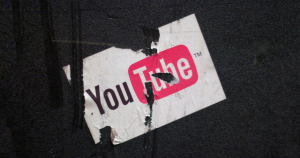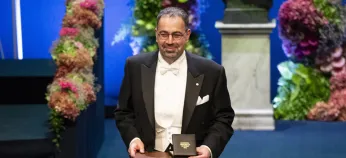
Will Russia ban YouTube?

When YouTube blocked state-owned media outlet RT’s German-language channels Tuesday, accusing them of spreading fake news about coronavirus, the Russian authorities promised “retaliatory measures”. These could include the complete shuttering of YouTube in Russia — the Kremlin has more than one way of doing this.
- YouTube deleted two of RT’s German language channels: DE channel and Der Fehlende Part. RT’s editor-in-chief Margarita Simonyan responded immediately, calling this a media war and urging the Russian authorities to impose sanctions against YouTube and ban German media organizations, particularly Deutsche Welle. The Russian Foreign Ministry backed Simonyan, calling YouTube’s actions “unprecedented informational aggression” and promising to help deliver retaliatory measures against both YouTube and German media organizations.
- The following day, media watchdog Roskomnadzor threatened to block YouTube if the site did not restore the deleted RT channels. President Vladimir Putin’s spokesman Dmitry Peskov said Russia’s laws were “grossly violated” and accused YouTube of censorship. Peskov added YouTube could be forced to comply with Russian law and promised there would be “zero tolerance for violations”.
- The Bell interviewed several IT experts, who all said Roskomnadzor has the tools to block YouTube in Russia. This could happen in several ways. The service could be placed on a blacklist of sites banned on Russian territory — obliging internet providers to block the sites. Or YouTube could be blocked through an internet filtering system developed as part of Russia’s ‘sovereign internet’ drive (Roskomnadzor successfully used this system last month to block the online presence of Navalny’s organizations). Or the authorities could oblige providers to disable Global Google Cache (GGC), through which the corporation’s traffic is served. If this was disabled, it would take several minutes to download YouTube clips.
- The Russian internet faces big problems even if YouTube is slowed rather than blocked entirely. When the authorities attempted to slow down Twitter after it refused to delete banned content earlier this year, many government sites temporarily stopped working. The unintended consequences of deliberating slowing a site as huge as YouTube are impossible to predict (apart from an inevitable surge of interest in online services that can bypass the official restrictions).
- YouTube ranks third in Russia among the most popular web resources after Google and home-grown search engine Yandex. It has 35.6 million Russian visitors every day, who spend an average of 51 minutes on the site. There is no Russian-made equivalent that is remotely comparable in terms of audience size or convenience.
Why the world should care: When RT’s news outlet in the U.S. was registered as the agent of a foreign government, the Russian authorities responded with their own law about foreign agents. However, the response was far more severe. In a similar way, the Kremlin’s involvement in a conflict between RT and YouTube means restrictions against video hosting in Russia are not only very likely, they could be far more draconian than many expect.





